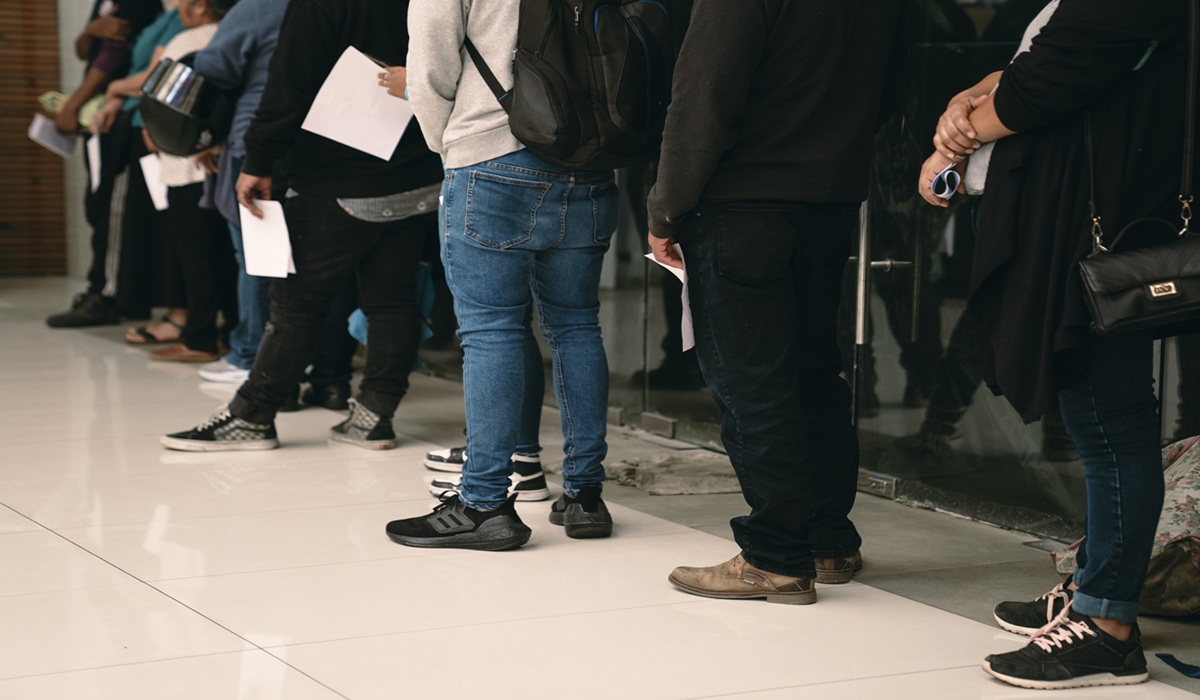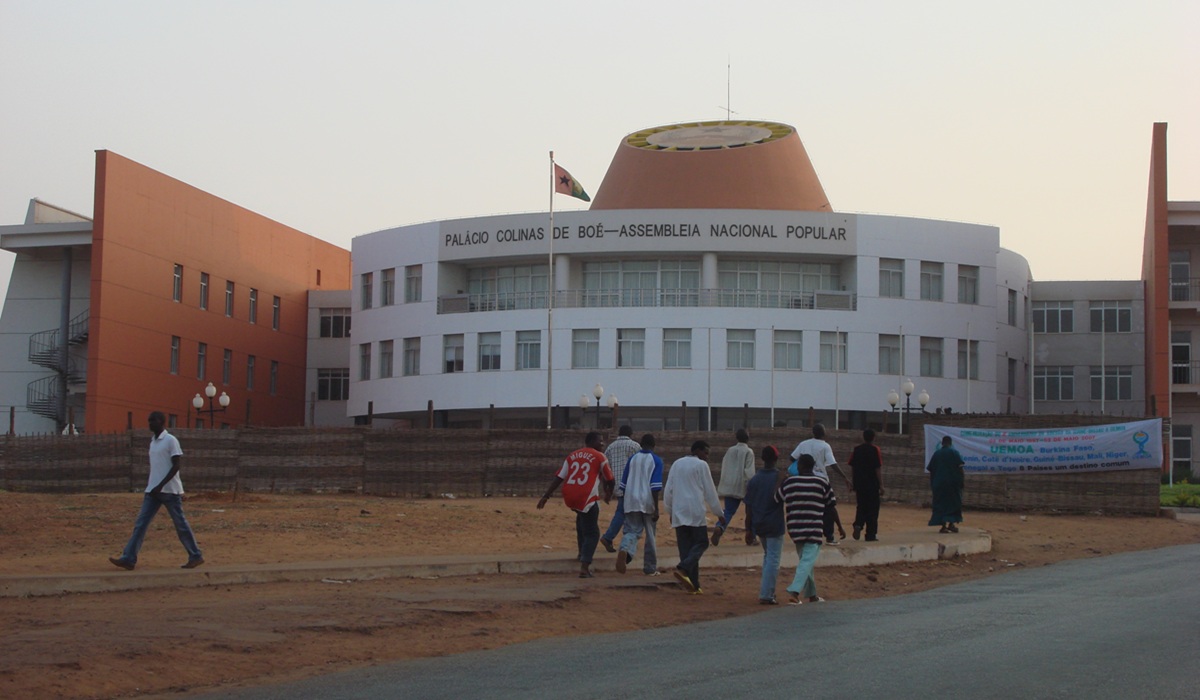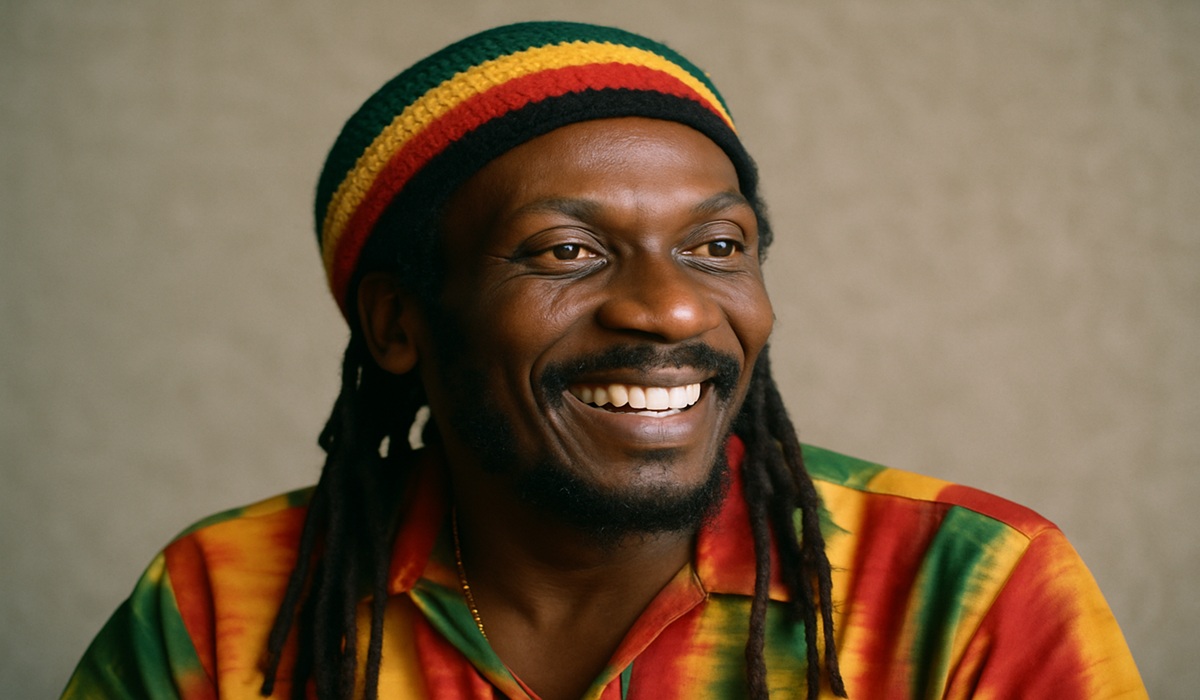Syria’s Fragile Recovery Undermined by Sweida Clashes and Israeli Airstrikes
- TDS News
- Breaking News
- July 17, 2025

After more than a decade of conflict, Syria remains a nation on the edge — its people grasping at the faintest promise of stability, only to be pulled back into chaos by fresh waves of violence. The recent eruption of clashes in the southern city of Sweida, combined with ongoing Israeli airstrikes across Syrian territory, has dealt a significant blow to the country’s already fragile path to recovery.
In Sweida, what began as localized unrest escalated into armed conflict, triggering widespread panic among civilians and forcing thousands to flee their homes. While an agreement has reportedly brought a halt to the immediate violence, the aftermath continues to unfold in tragic ways. Hospitals are overwhelmed, running out of medication. Water and electricity have been cut off, and shops are shuttered in fear of more violence. According to the UNHCR, at least 1,200 families have been displaced — many now seeking refuge with friends, relatives, or in neighboring areas like Daraa.
For those caught in the middle, recovery seems further out of reach than ever.
Federico Jachetti, Director of the Norwegian Refugee Council’s Syria office, warned in a recent statement that this latest violence “represents a grave threat to the people’s ability to recover from years of violence.” Even the limited gains toward peace and normalcy are now at risk of unraveling under the weight of renewed conflict and displacement. Jachetti emphasized that while the ceasefire in Sweida offers a momentary reprieve, real progress hinges on accountability. “Ensuring accountability for violations committed against civilians is paramount,” he noted, adding that displaced individuals must be given the opportunity to return to their homes safely.
Yet, even as one crisis appears to pause, another deepens. Israeli airstrikes, including a wave of attacks on Damascus’ main square and residential areas in Sweida, have left more civilians dead and wounded. These strikes, targeting both alleged military installations and, disturbingly, civilian infrastructure, have only intensified Syria’s suffering.
Israel’s ongoing military actions in Syria, particularly in the southwest region where it has reportedly extended occupation of territory, are drawing sharp condemnation from humanitarian organizations. The NRC asserts that these attacks are not only violations of international law but also direct contributors to the region’s persistent instability. “These attacks shatter any hope of normalcy returning to Syrian lives,” Jachetti stated.
There’s a growing sense among Syrians and international observers that the world has turned its back on Syria’s pain. Years of displacement, economic collapse, and geopolitical interference have hardened Syria’s humanitarian crisis into something many perceive as unfixable. But that perception can and must be challenged.
The path to recovery does not lie solely in ceasefires or reconstruction plans — it requires an unrelenting focus on restoring dignity, ensuring accountability, and protecting civilians regardless of who holds power or fires the missiles. The people of Syria are not merely collateral in the ambitions of nations or factions. They are mothers, fathers, children, teachers, and workers — all with an inalienable right to live in safety.
The situation in Sweida serves as a stark reminder of how quickly things can spiral in a nation still healing from war. And Israeli airstrikes, regardless of justification, fuel a narrative of impunity and despair, eroding the foundation for any meaningful peace. The international community has a duty to speak up, not only against the violence but also for the people who continue to endure its consequences.
With power lines down and hospitals running dry, the images from Sweida mirror scenes Syrians have endured too many times before. Each new wave of violence reinforces trauma, deepens mistrust, and pushes hope further into the margins.
Still, there is a road forward — but it cannot be walked by the Syrian people alone. International actors must recommit to protecting civilians, upholding international law, and promoting a genuine, inclusive political process. Recovery, for Syria, is not just about rebuilding roads or homes. It’s about rebuilding lives — with dignity, justice, and safety at the core.
If there’s anything the world owes to Syria after all these years, it’s the resolve not to look away.








